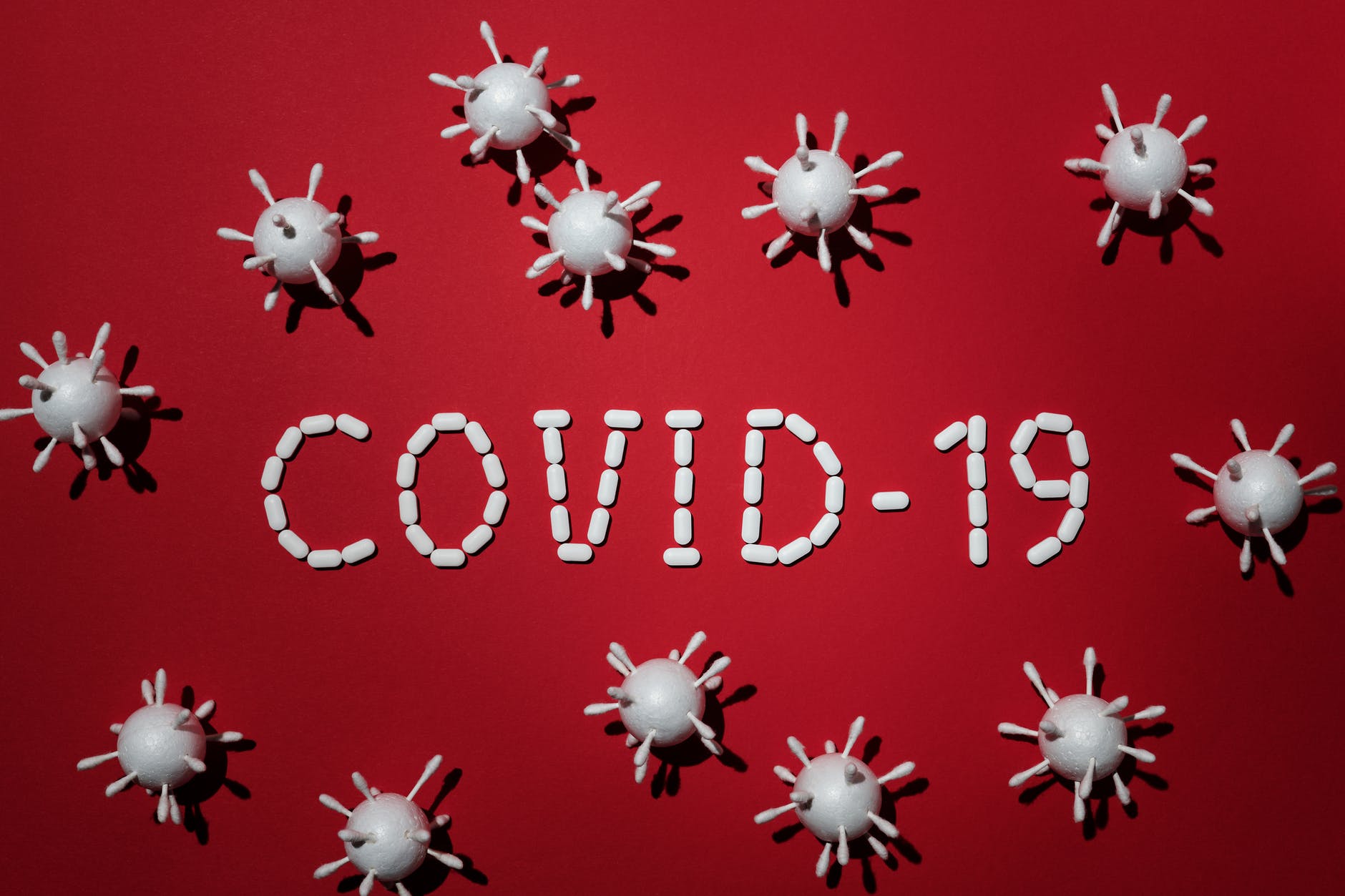The second wave of Covid-19 has hit many countries particularly hard, and none more so than India. We hear horror-movie level stories social media everyday- of families wiped off, of people begging in the streets for oxygen, and of cremation grounds that more closely resemble wildfires. Thousands of people are ill, recovering and dealing with side effects, or deceased.
It is no surprise that in such circumstances the elusive Covid-19 vaccine is gaining the status of a holy relic, complete with long lines and frantic bookings and desperate hope. Criticism has been leveled at the disproportionate distribution of the vaccine throughout the world, with only 2% of the vaccines so far, for example, being made available to Africa. Nearly 44% of vaccines have been used by the world’s richest countries. While there are multiple causes for this gap between demand and supply, many have pointed to the global patent regime, claiming it is restrictive and anti public health.

Admittedly, this is the first time that a highly infectious disease with such widespread global impact is the subject of pharmaceutical research. In 2014 at a panel held in France, the issue of global vaccination for infectious diseases was discussed, and panelists pointed out that cost is only one factor of vaccination coverage- other factors include data quality, supply chain and widespread access. The panel also pointed out that unlike in older eras, vaccines are now held not by universities but by multiple entities with complex patent management techniques, leading to a very real possibility of them being used for leverage. This is borne out by the data of the past year- stock markets, always susceptible to human emotions, are seeing increased investments in likely Covid-19 cures. It’s evident that this is a problem, and for any company who has put in millions of dollars into research, monetizing it is going to be a priority.
In October 2021, India and South Africa submitted to the World Trade Organization a proposal for a waiver from certain provisions of the TRIPS Agreement for the fight against Covid-19. The proposal stated that IP restrictions, lack of affordability and lack of domestic production facilities may adversely affect the coverage of any potential vaccine, especially in countries with a large affected population or low economic resources. This is, the proposal points out, particularly in a problem with countries which don’t have the domestic manufacturing capabilities of a vaccine that is no doubt both complex and very new. For such states, even the limited access provided by compulsory licensing may be irrelevant.
While many developed countries were initially against this proposal, US President Joe Biden’s announcement on May 5th that he would be supporting the waiver has resulted in a lot of renewed discourse. This is a surprising move from the United States, and possibly a welcome one given the serious situation.
What the USA proposes is a more limited version of the India-South Africa waiver, while other countries such as Germany protest that such a waiver would not be beneficial and may be even harmful in the long run because it erodes patent rights and discourages future innovation. Other criticisms have focused on the lack of ingredients and manufacturing capabilities of poorer nations, as well as the fact that waivers of this nature may take years to negotiate. On the other hand, compulsory licenses alone are not the answer- Moderna and Pfizer’s MRNA vaccine may be shared by patent, but TRIPS does not allow for the sharing of Trade Secrets or know-how essential for the manufacturing process. According to TRIPS Article 31, compulsory licenses cannot be used for manufacturing vaccines for export either, which further complicates matters given the lack of production capability of many nations.
While patent rights are no doubt important, the situation we are in now calls for, perhaps, some significant relaxations of the current hyper-protective regime. Patents have always claimed to bridge the gap between nurturing innovation and promoting larger public good, but decisive time of history like the one we are living through may be fertile ground for rethinking old paradigms.
Author: Varsha Valsaraj, Legal Associate at PA Legal.
In case of any queries, kindly contact us here.